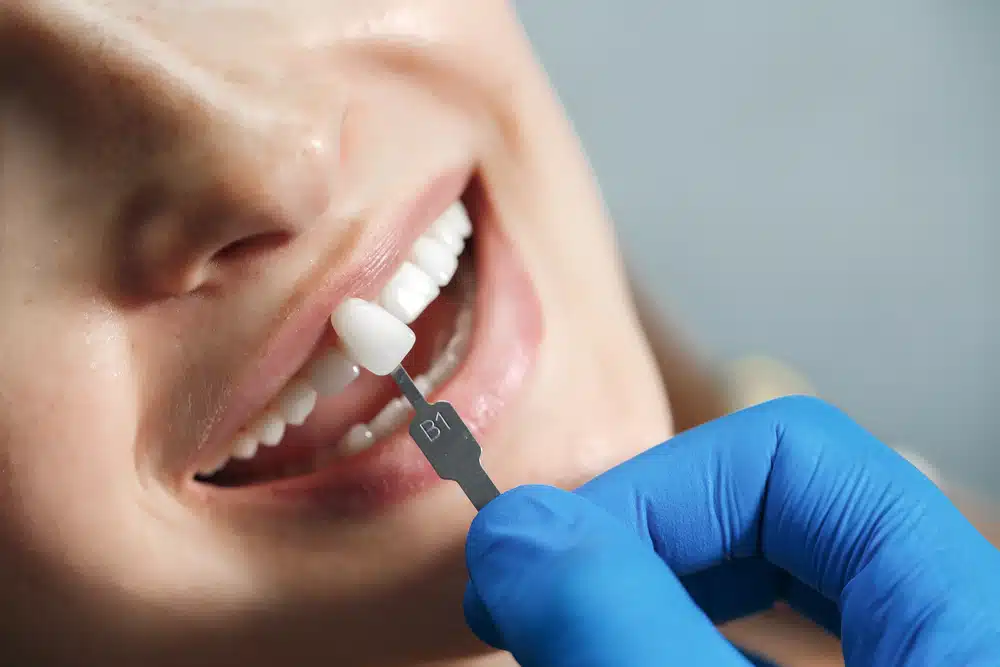If you have a tooth that’s loose and you’re wondering why, it’s important to go to the dentist to have it inspected.
There are three main culprits of a loose tooth:
- Trauma. A bad fall or impact to the mouth can loosen teeth.
- Infection in the tooth
- Gum disease
With trauma, generally this is realised at the time of the incident and attended to in the emergency by the dentist. If you have a loose tooth because of trauma, it’s important to go to the dentist as soon as possible to ensure the tooth isn’t at risk of being lost.
One of the less-obvious reasons a tooth may become loose is an infection in the tooth. Infection can occur in the pulp or nerve of the tooth, and if not treated, the infection can enter the bone supporting the tooth. When infection enters the bone, the bone often starts to resorb. The bone is what keeps the tooth anchored, so when that bone resorbs, the tooth loses support and becomes lose. Infection is usually noticed by a patient because it can cause pain. It is also likely only to affect individual teeth rather than generalised looseness in all teeth. Luckily, root canal treatment that cleans out the infection in the pulp and bone allows the support bone to regenerate, and the tooth can be saved. Early treatment is necessary though, so it’s important to go to the dentist at the first sign of loose teeth or infection.
The most common cause of loose teeth, however, is not infection or trauma, but gum disease. Gum disease occurs when plaque and tartar build up on the teeth. Early-stage gum disease is called gingivitis, and while gingivitis can be treated, over time if left untreated, can cause irreversible damage.
Loose teeth are often a symptom of long-untreated gum disease, because it’s one of the first symptoms of this hidden disease that people notice! Unfortunately, loose teeth are often a sign of very late-stage gum disease.
Early-stage gum disease is often characterised by bleeding gums when brushing or flossing. Early-stage gum disease is so common, and people often accepted bleeding as normal—but it’s not! It’s gum disease. If you do have bleeding, make sure you visit a dentist and advise them of this symptom to begin treating it.
Again, early-stage gum disease can be treated. However, left untreated, the plaque and tartar affect the underlying bone supporting the tooth, and the bone recedes. Once bone around the tooth recedes from untreated gum disease, the bone cannot be regenerated and the tooth will remain loose or be lost.
End-stage gum disease is irreversible and teeth will ultimately need to be removed and replaced, either with dentures or implants. This, however, is preventable if caught in earlier stages.
If gum disease is caught early, a dentist and good home care can prevent tooth loss. Routine deep cleans and diligent home care, (brushing, flossing, and a diet low in sugar,) can halt the progression of gum disease, which is why it’s so important to visit a dentist if you suspect you may have the symptoms of gum disease.

